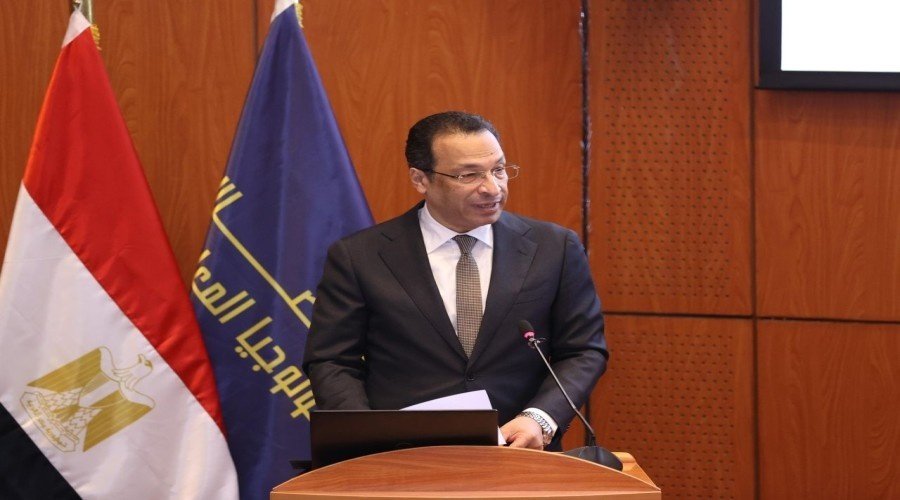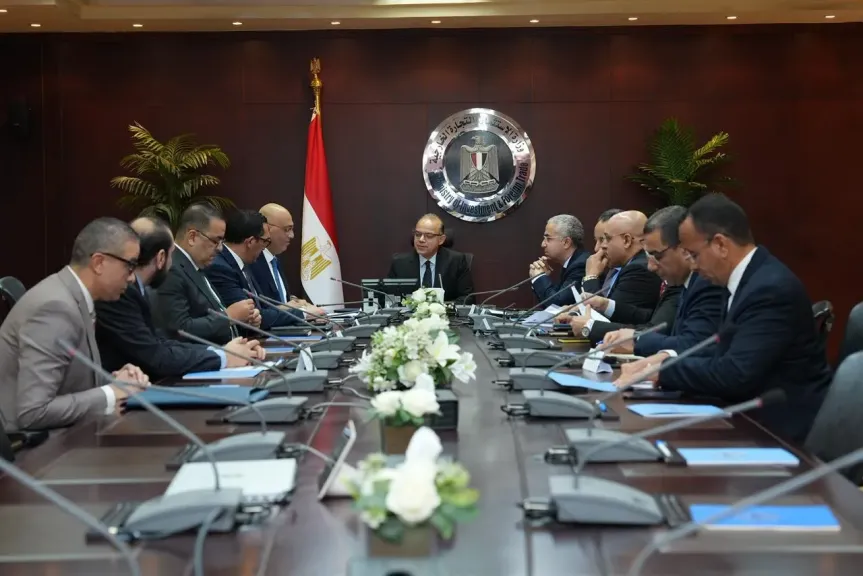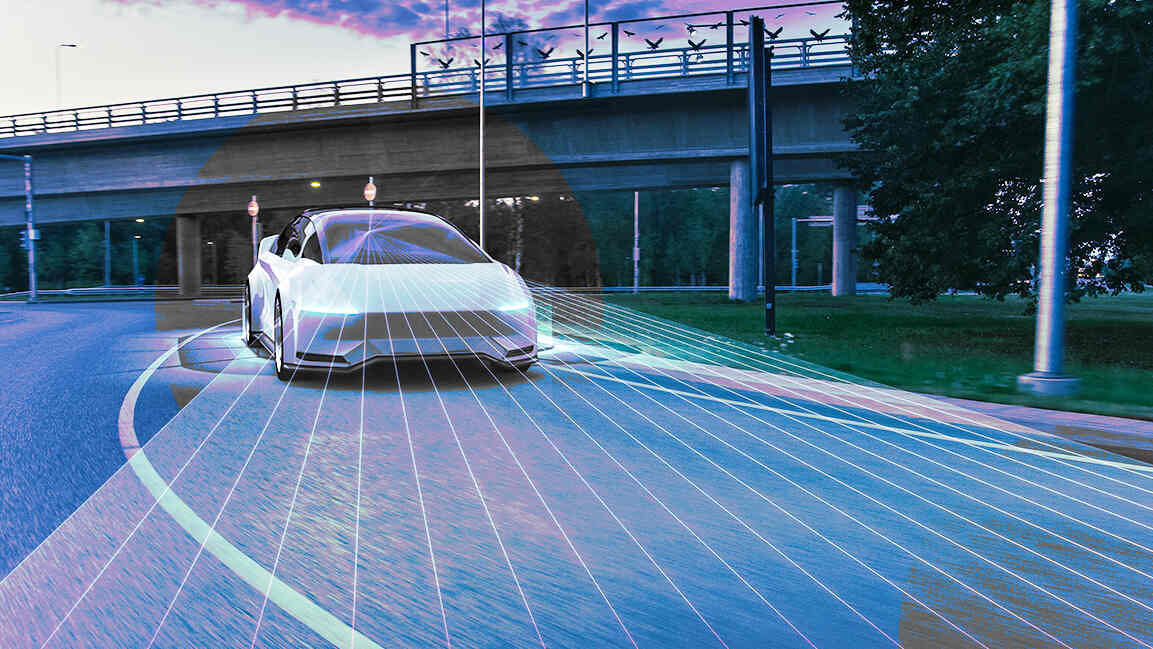The Gulf Cooperation Council (GCC) is positioned to become a global leader in autonomous mobility, with the region’s market for fully autonomous vehicles (FAVs) projected to reach nearly $19 billion by 2035, according to a new report by Strategy& Middle East, part of the PwC network. This growth represents a significant portion of the anticipated $182 billion global market, driven by key technologies such as robo-taxis, robo-shuttles, and passenger drones.
The Road to Regional Leadership
The report highlights that robo-taxis are expected to dominate the sector, potentially creating a $10 billion market in the GCC, which would account for approximately 18% of the global demand for this specific service. The region’s ambitious giga-projects, including Saudi Arabia’s NEOM and various smart city initiatives in the UAE, are serving as crucial real-world testing grounds. By incorporating dedicated autonomous lanes and integrated mobility hubs, these projects are accelerating the development and adoption of driverless technology.
Navigating The Path To Scale
Strategy& outlines three critical stages for achieving widespread adoption of autonomous mobility: pilot readiness, where technology is tested in controlled environments; commercial readiness, where systems operate reliably in real-world scenarios with government support; and readiness to scale, where services are fully integrated, financially sustainable, and widely accepted by the public. Key challenges on this path include establishing supportive regulations, funding essential infrastructure upgrades, and building public trust through proven safety and reliability.
A Blueprint For Success
The GCC benefits from several structural advantages, including significant investment capacity from sovereign wealth funds, streamlined licensing processes, and large-scale testing opportunities. However, the report stresses that moving from successful pilots to scaled commercial deployment requires a coordinated strategy. This includes long-term planning, consistent funding, and establishing robust safety standards. To secure a leadership position, the report recommends a collaborative approach between governments, technology providers, and operators to create a cohesive ecosystem for autonomous mobility.
About Strategy& Middle East
Strategy& is a global strategy consulting business and part of the PwC network. It works with the world’s leading public and private institutions to help them solve their toughest problems and capture their greatest opportunities. The firm’s Middle East practice is a leading advisor to key decision-makers across the region, helping them build the differentiating capabilities needed to outperform.
Source: Fast Company Middle East














